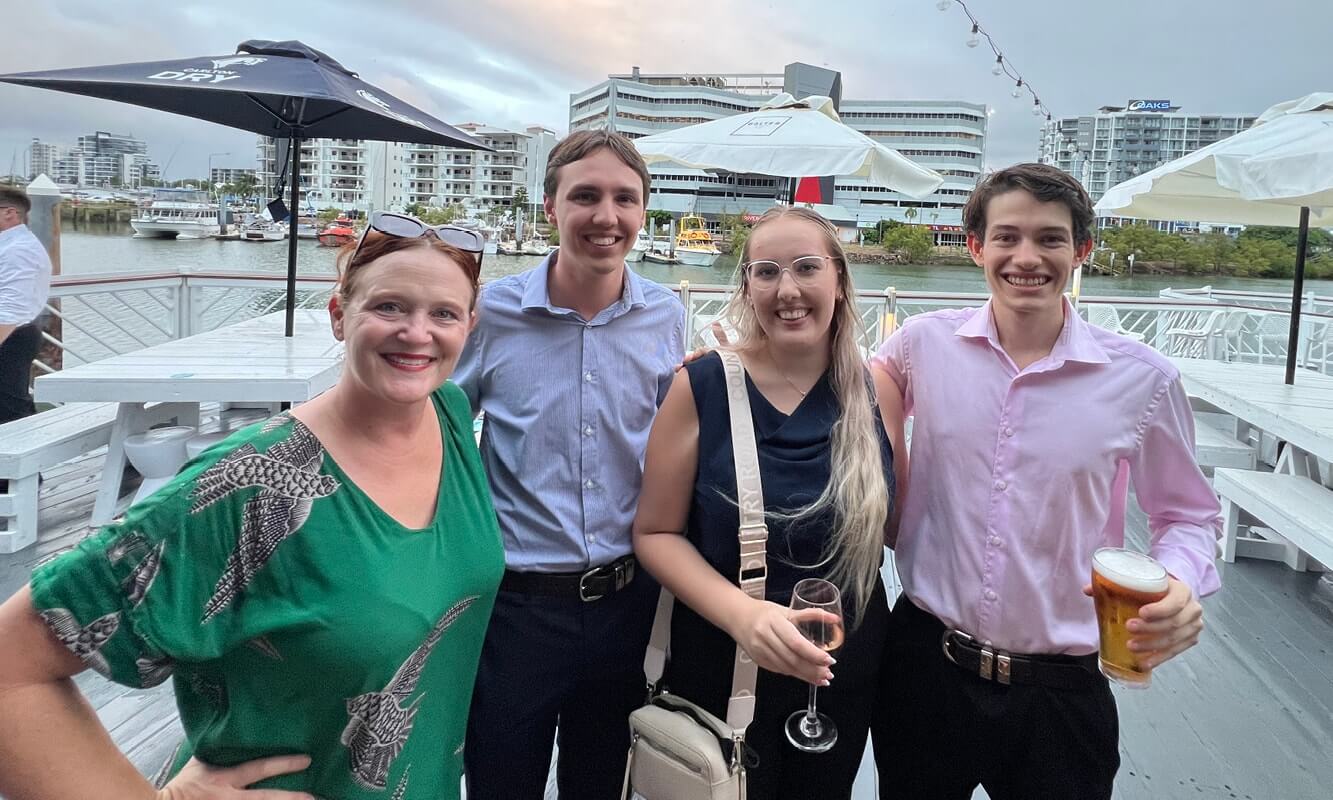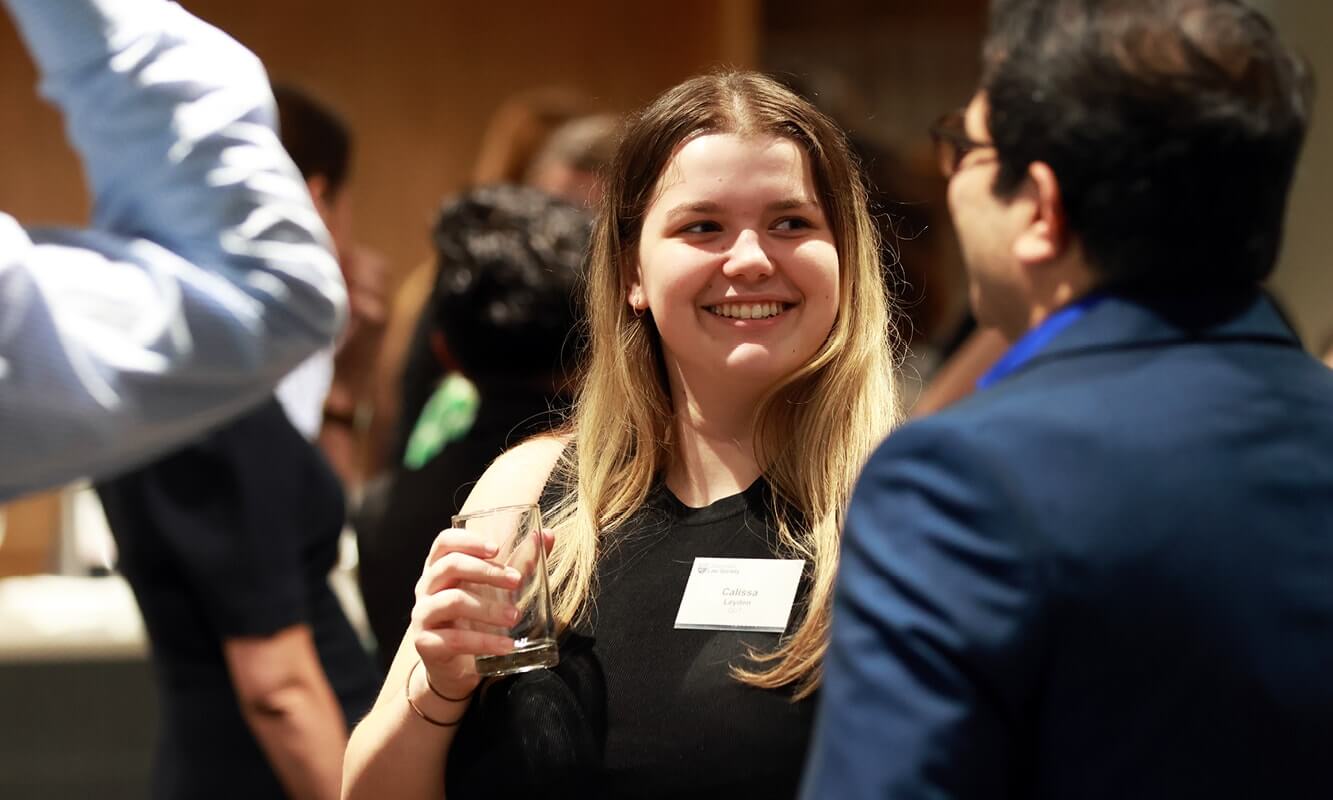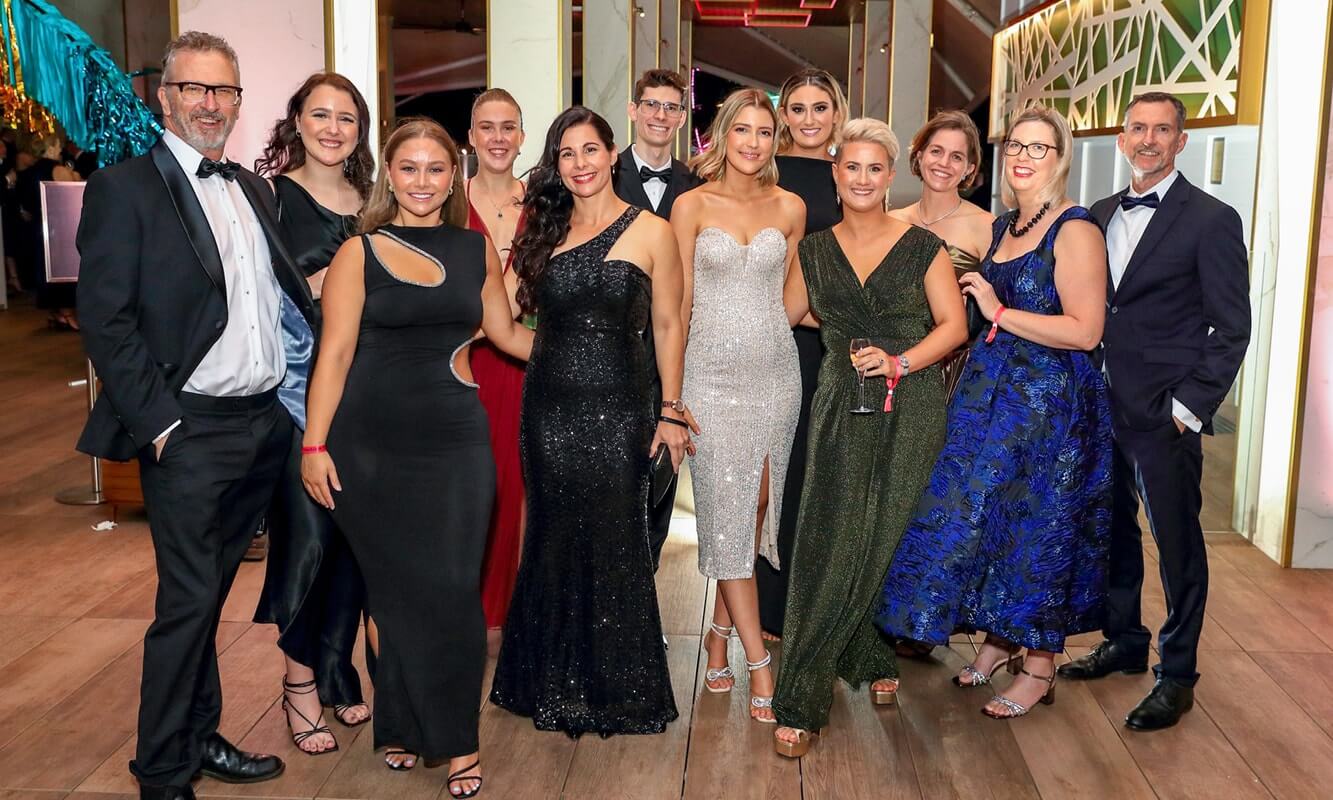A fundamental human need is connection to others.
The COVID-19 pandemic has highlighted the devastating effect isolation can have on our wellbeing. Mentoring provides one solution to ensure we feel connected and supported by others and to build our resilience and courage so that we can navigate our workplaces and ourselves, during the pandemic, and beyond.
What is a mentor?
The word ‘mentor’ was derived from the Greeks. In the epic Homeric classic, The Odyssey, Mentor was a friend of Odysseus. When Odysseus left for the Trojan War, he placed Mentor in charge of his son Telemachus and of Odysseus’ palace.
It was because of Mentor’s encouragement and practical plans for dealing with personal dilemmas, that we derived the word ‘mentor’: Someone who imparts wisdom to, and shares knowledge with, a less-experienced colleague.
Everyone needs a mentor, someone to encourage them and help them deal with problems.
What kind of mentoring is available?
I would suggest that, broadly speaking, the mentoring process occurs in three ways:
1. Casual mentors
These are those colleagues, friends and support people you call on when you want to ‘bounce an idea’, debrief from a difficult day or are not really sure what decision you should make about [insert any work life dilemma, for example, resign, study further, apply for promotion or new job].
These mentor-type relationships are often sporadic but ongoing – you may speak to this mentor three times in a week, and then not speak to them for months, but you know they are always there when you need them.
2. Formal or more structured mentors and mentoring programs
These relationships often occur within a workplace where you are allocated a mentor, or within a professional body where you can sign up for mentorship programs. This type of mentoring usually has a more fixed time frame, for example one year, and will be focused on outcomes about what the mentor may want to achieve. However, there can be a more relaxed and casual element to this mentoring relationship and sometimes it can continue long after the time frame has ended.
3. Fee-based one-on-one mentoring
This kind of mentorship can include aspects of life coaching or personal growth and would be the most structured of the mentoring options. People who engage in this mentoring usually have a very specific and focused goal they are wanting to achieve and seek support around limited issues relating to that goal. As it is a paid service, the length of time this mentoring relationship lasts for can be quite short, but intense, for example three months.
In considering which mentorship option may suit you at any given point, remember that as your needs change, you can change the kind of mentoring you seek. If you are unable to find a mentoring program or group which suits you, you can think about starting one up and building your own community. This would work well, especially for casual mentoring, if you are able to find suitable mentors with expertise in those fields.
Whilst face-to-face meetings are often preferable, they are not always possible. The advantage of a hybrid mentoring platform means you can engage mentors and mentees much further afield than the immediate geographical location. Thanks COVID-19 for making us see the benefits in technology!
Why mentoring matters
1. Positivity
The importance of emotional support from colleagues, who understand the stresses which are unique to life in the law, is necessary to balance the serious workload of lawyers.
Humour is fundamental to our wellbeing. Being able to relax and finding someone to share a difficult story and have a laugh with, ensures we are able to look at the lighter side of difficult situations.
2. Comfort
A problem shared is a problem halved. It is highly unlikely you are the first person to face a particular challenge. Knowing and talking to someone else with a similar experience can be extremely uplifting and provide you with the impetus to continue with what needs to be done, both personally and professionally.
A mentor may also have a wealth of knowledge about other support groups, innovative ideas and ways to problem solve. If you have had the benefit of developing your relationship with your mentor over a period of time, they may be able to consider not only your professional changes, but how those changes integrate into your life as a whole.
A good mentor can objectively and strategically discuss options you may need to consider to successfully pivot and possibly re-position yourself or to grow. You feel safe knowing you are getting advice from someone you trust who has your best interests at heart.
3. Guidance
There isn’t a lawyer among us who hasn’t found themselves being grateful for those who have gone before us and paved the way.
Law is seldom a single pathway; you can forge your own journey and in doing so it is helpful to get guidance and advice from others who have walked a similar path.
Where do I find mentors?
Everywhere.
Mentors may be colleagues in your office or your team. It could be members of your local district law association or a professional legal body you belong you. It may even be the alumni of your university or where you undertook your professional legal training.
If you are looking for fee-based mentoring, you may want to ask someone who has engaged with such a mentor for a referral.
If you simply don’t know where to start, then jumping online to LinkedIn, Facebook or even Instagram and finding like-minded people is a great way to start. Reach out to them, send a friendly message and ask if you can have 10 minutes of their time for a quick chat. Lawyers really are a friendly bunch and if you knock on a few doors, there is no doubt one will open! It can really be that simple to begin your mentoring journey.
Must I have a mentor?
“No man is an island.” English poet John Donne’s caution against isolation is as relevant today as it was 400 years ago.
It would be a shame to miss the opportunity to connect, learn and grow from a trusted mentor. Through unity, collaboration, and genuine connectedness with others, we have the best opportunity of thriving both during and post-pandemic. Why not have a trusted mentor walk that journey with you?
If you want to go fast, go alone.
African proverb
If you want to go far, go together.
Joelene Nel practises as a family lawyer and mediator on the Gold Coast, is also a member of the Gold Coast District Law Association (GCDLA) and one of the co-ordinators of the GCDLA Mentoring Program called GLAD – Gold Coast Lawyers Achieving Development.














One Response
A good distinction to know, thanks! I’ve actually embarked on a similar journey myself with a fantastic Mentor (I found them on Lisnic.com). People need to know how great it is to have someone in your corner!